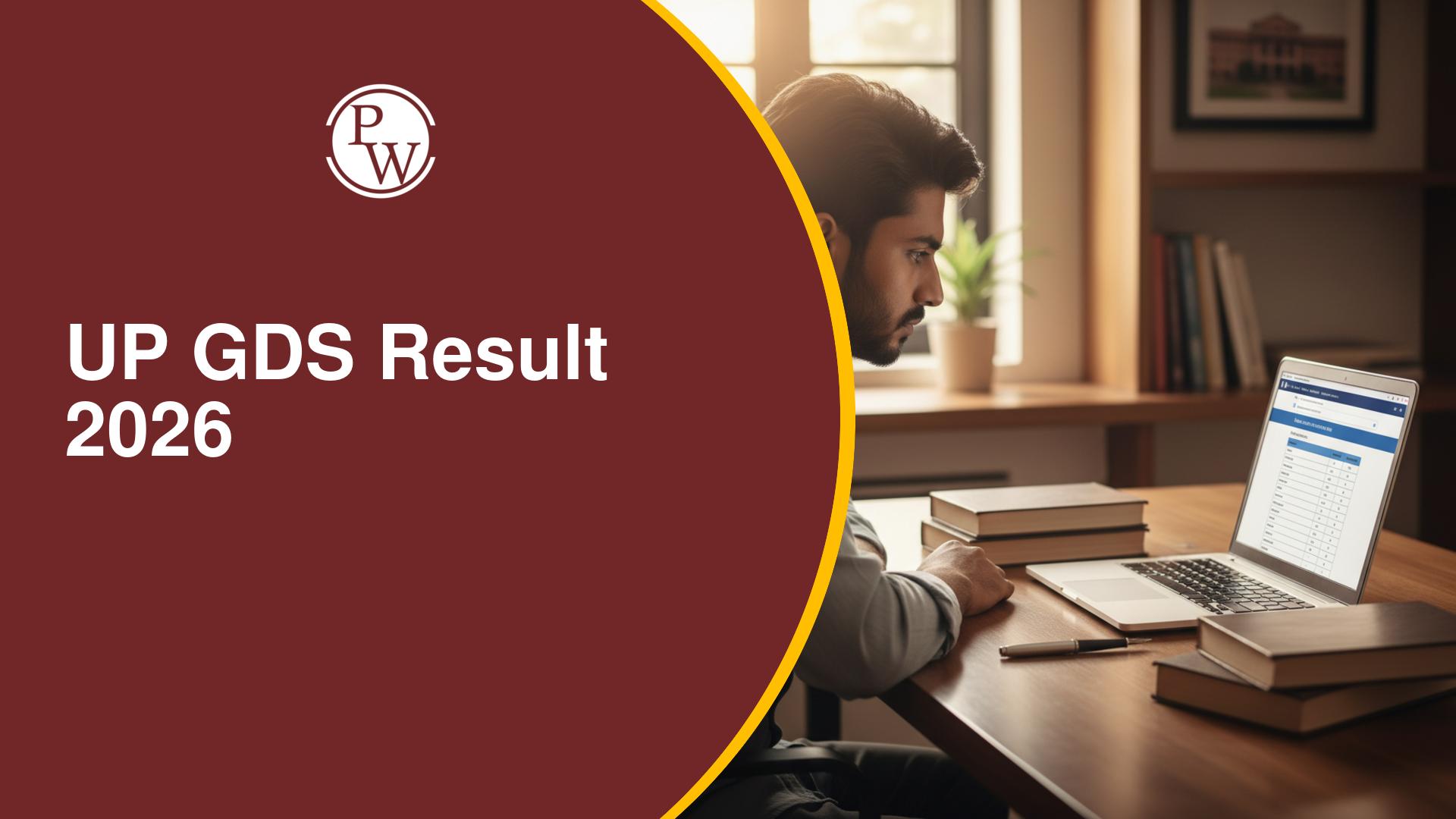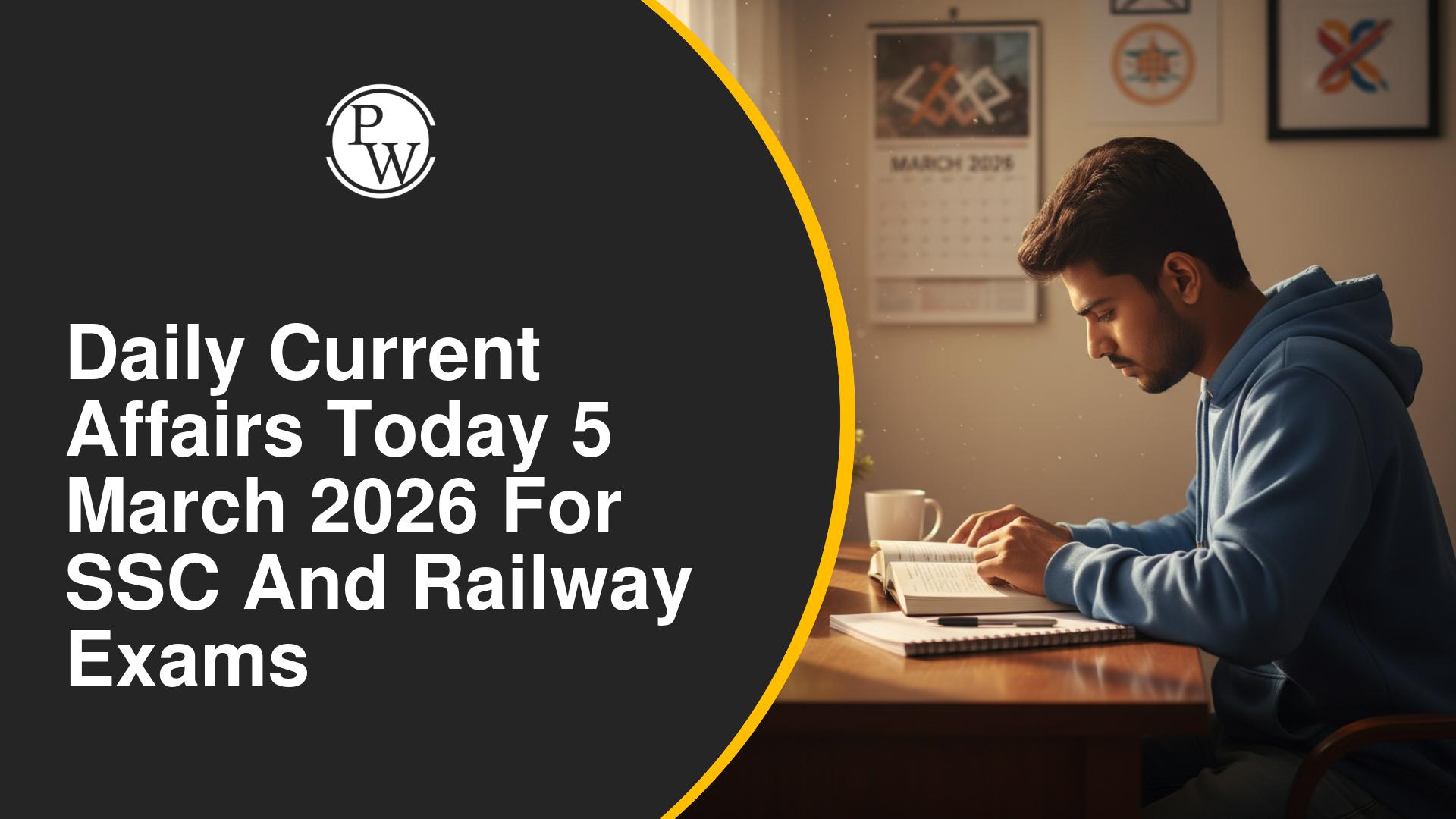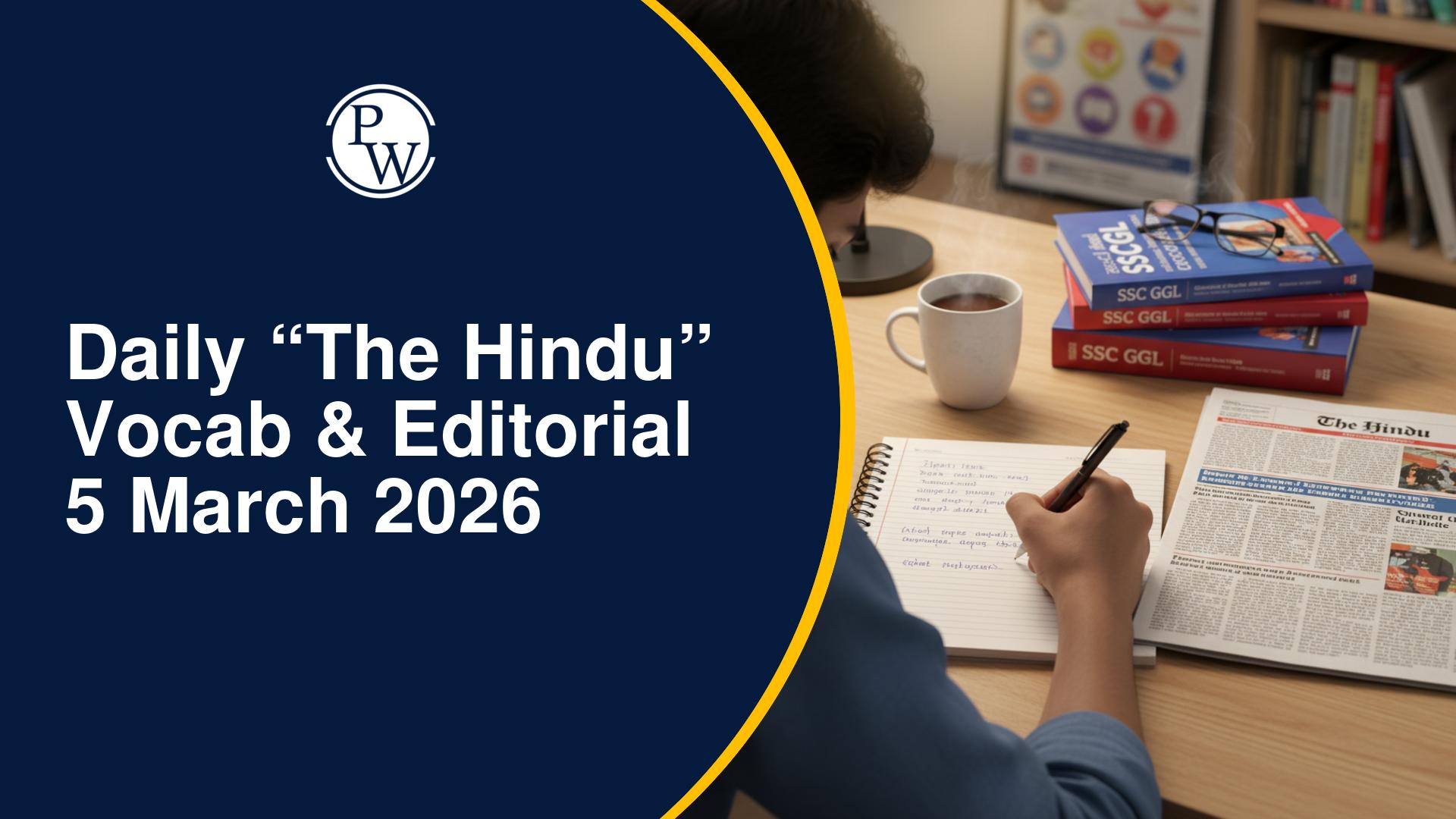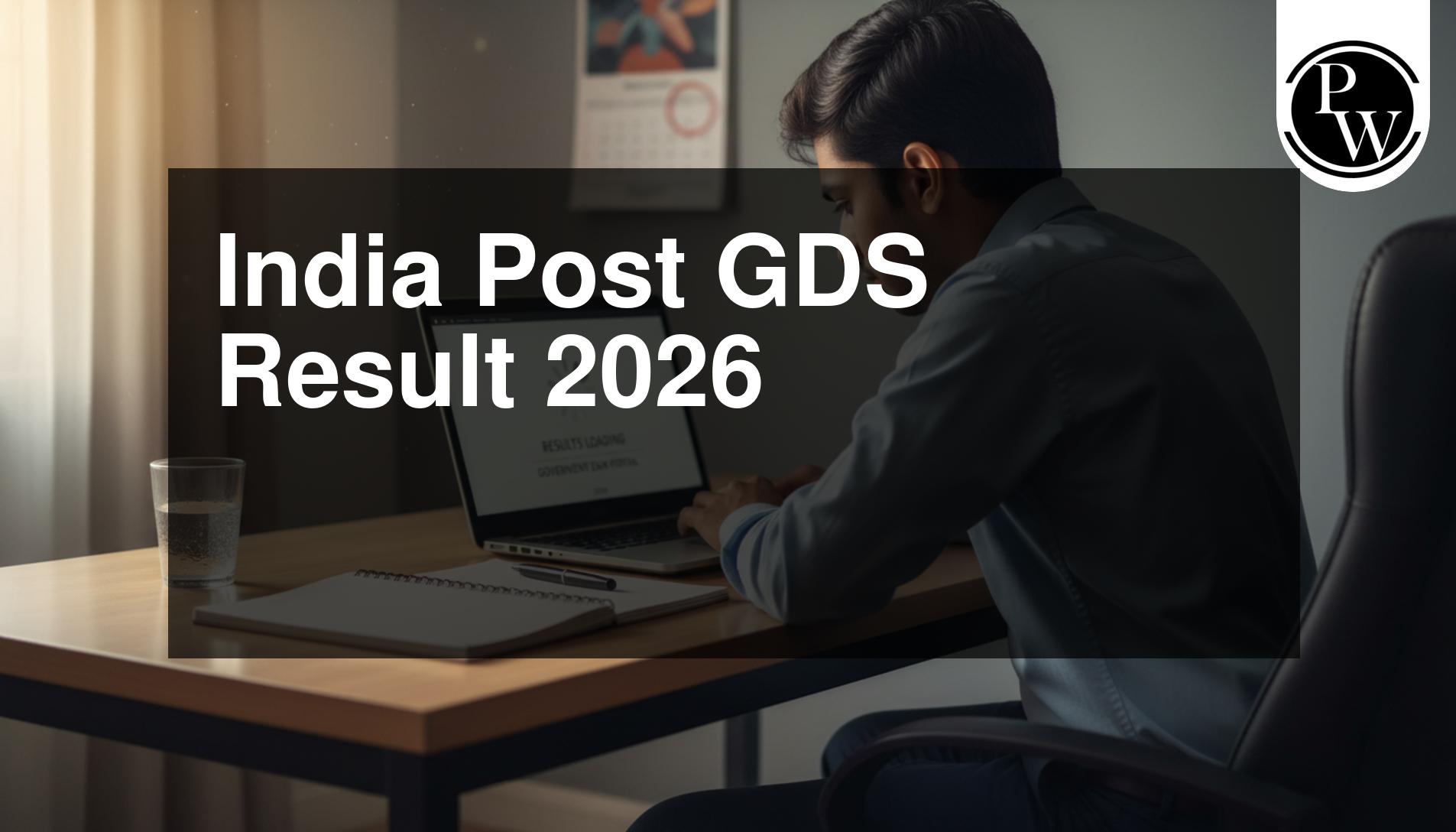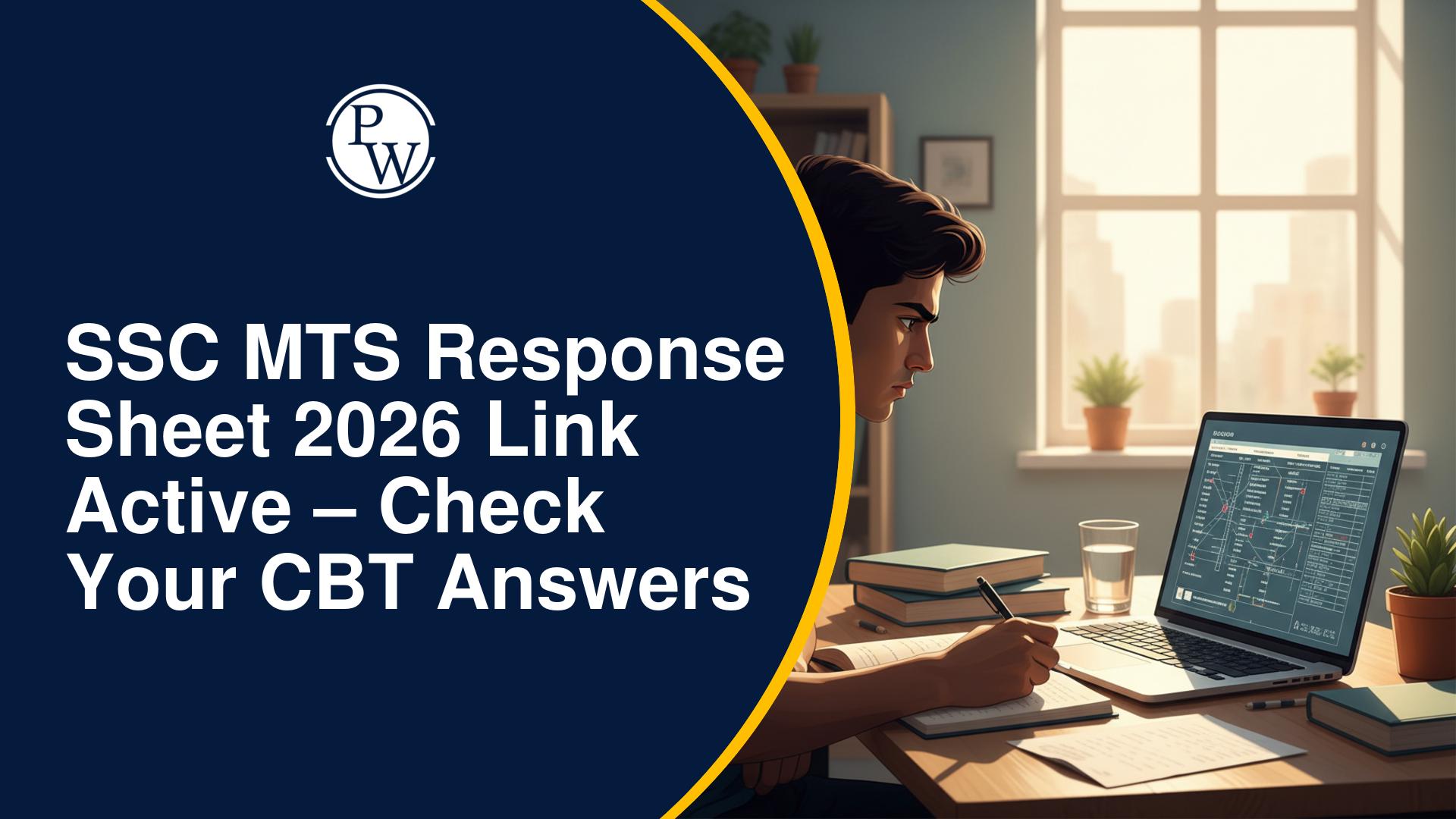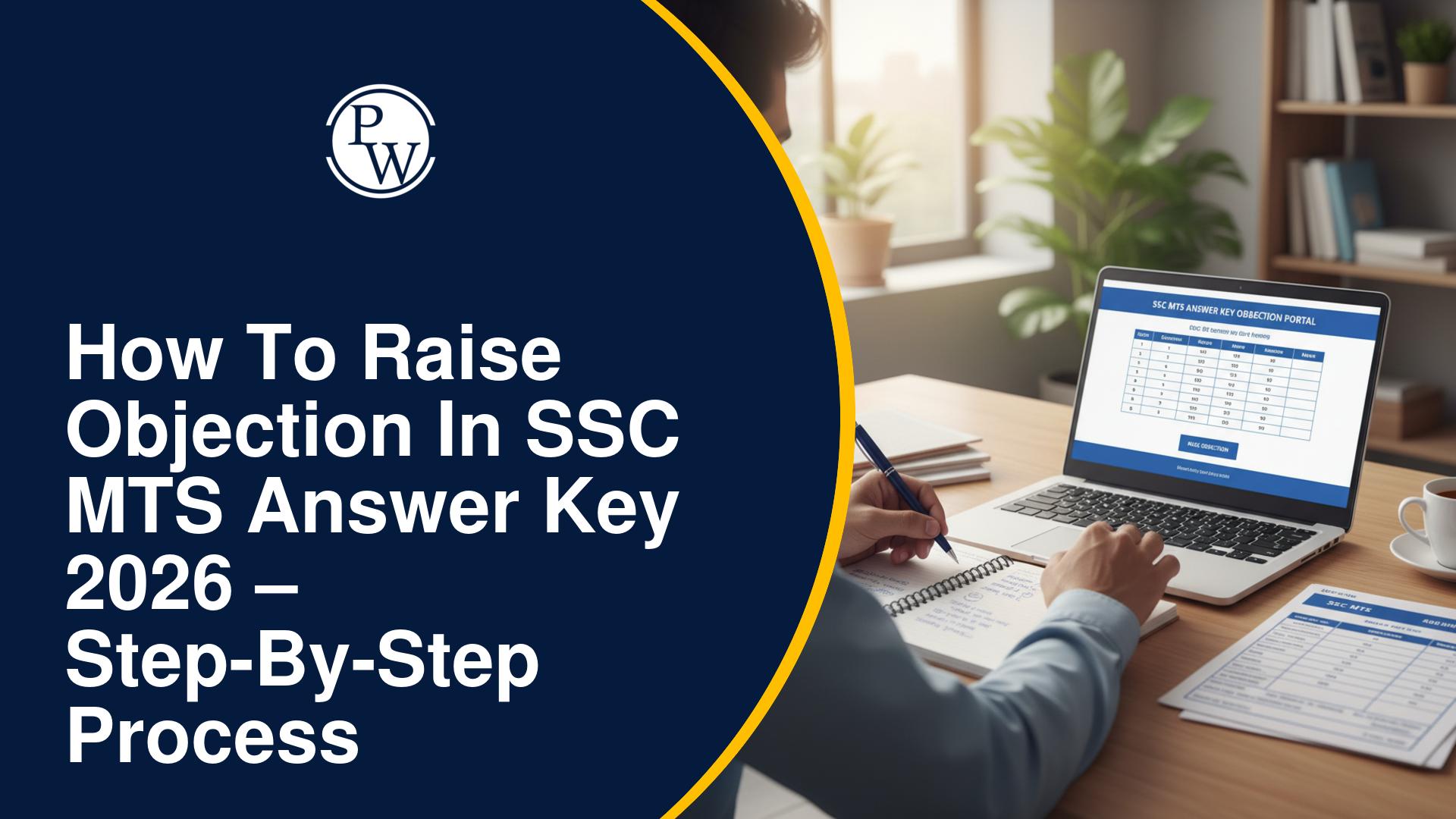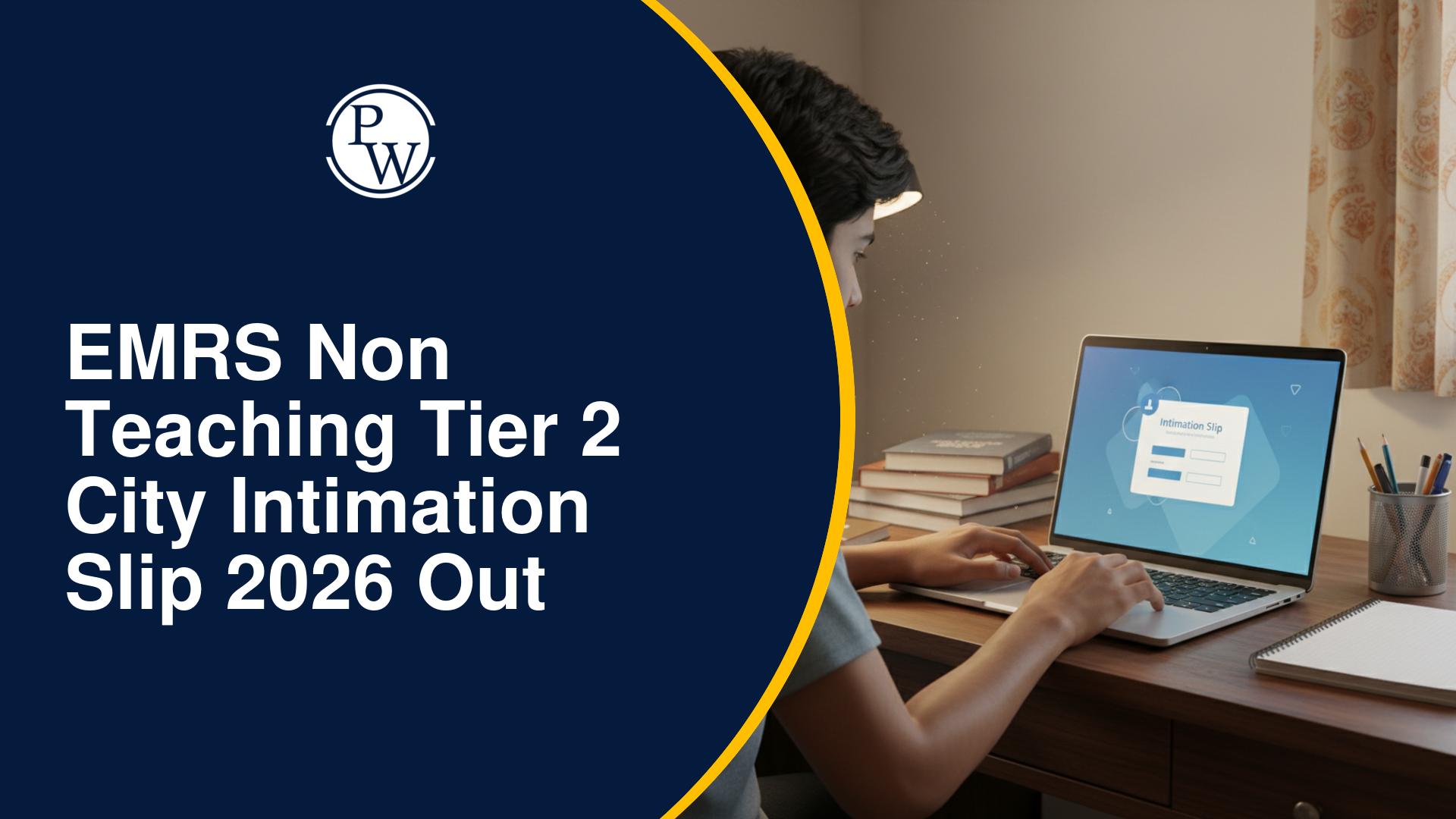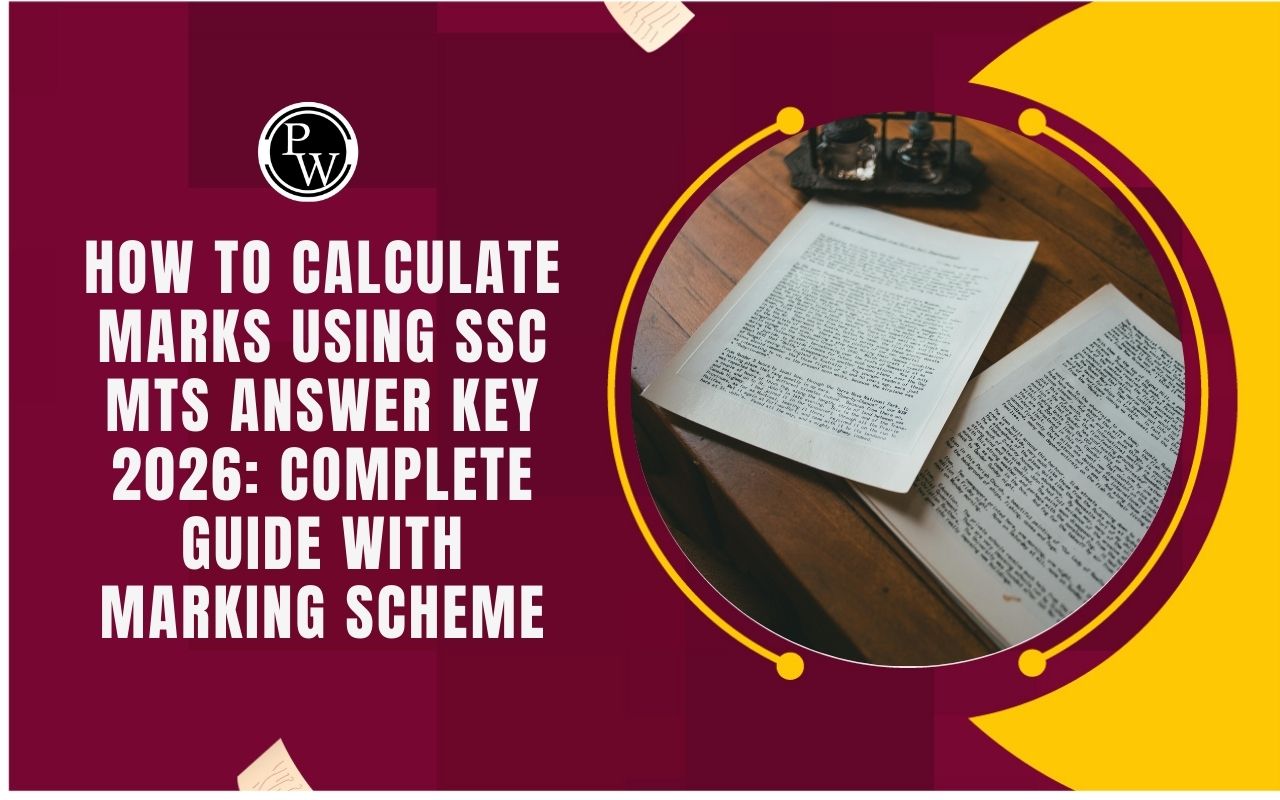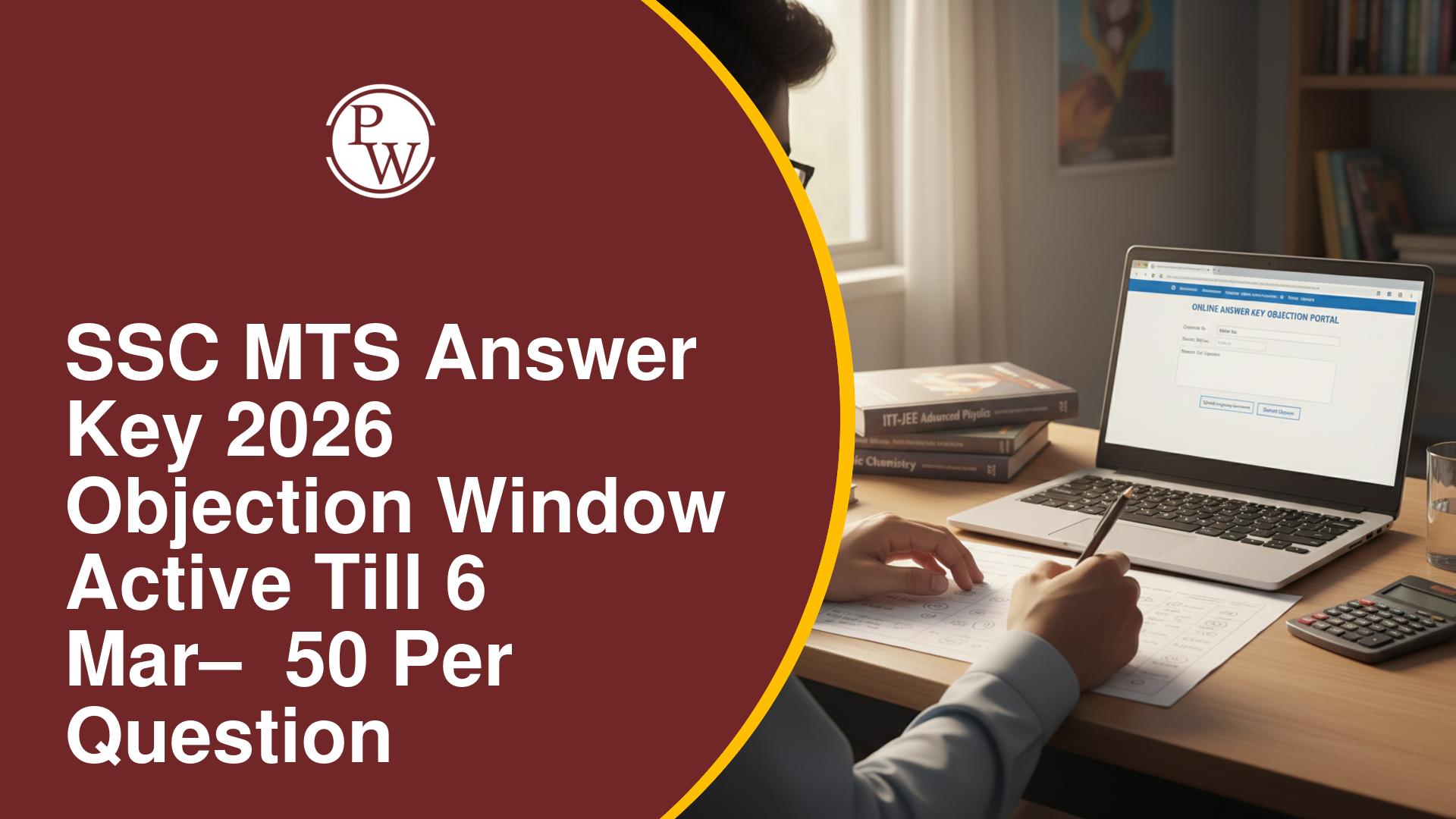
Indian Polity Notes For SSC CGL: Indian Polity is an important part of the General Awareness section in SSC CGL, with around 8–10 questions asked in the exam. Candidates should focus on the important topics and revise regularly using the Indian Polity for SSC CGL PDF in English.
The subject is mostly factual and easy to score with proper revision. Short notes, tables, and repeated practice of previous year questions ensure high accuracy in the exam. Make Indian Polity Notes for SSC CGL to revise and practice for the paper.
Indian Polity Notes For SSC CGL
Indian Polity Notes for SSC CGL is an important revision tool begin preparing for the General Awareness section. MCQ-based questions are asked in the Tier 1 and Tier 2 SSC CGL exams. Candidates can expect the questions to be asked about the topics.
-
Constitution
-
Preamble
-
Fundamental Rights
-
Directive Principles
-
Fundamental Duties
-
Union and State Government
-
Judiciary
-
Emergency Provisions
-
Amendments and Schedules.
-
Key Articles like 14, 19, 21, 32, 368
-
Important Amendments such as 42nd, 44th, 73rd, and 101st
Important Points From Indian Polity For SSC CGL PDF
The important pointers from the Indian Polity for SSC CGL PDF in English have been compiled in a tabular format. These are the short information to give a quick review of the Indian Polity Notes for SSC CGL. Candidates can revise these pointers for the last-minute revision before the exam.
|
Important Points From Indian Polity For SSC CGL PDF In English |
|
|
Constitution |
Adopted on 26 Nov 1949, enforced on 26 Jan 1950; influenced by Govt. of India Act 1935. |
|
Preamble |
Keywords: Sovereign, Socialist, Secular, Democratic, Republic; amended by 42nd Amendment (1976). |
|
Parts of the Constitution |
Total 25 Parts and 12 Schedules after amendments. |
|
Fundamental Rights |
6 rights (Articles 12–35); Article 32 = Heart & Soul (Dr. Ambedkar). |
|
Directive Principles |
Inspired by the Irish Constitution, not enforceable but fundamental in governance. |
|
Fundamental Duties |
11 Duties (Article 51A), added by 42nd Amendment; 86th Amendment added duty for education (6–14 years). |
|
Union Government |
President = Nominal Head, PM = Real Head; Parliament = Lok Sabha + Rajya Sabha. |
|
Judiciary |
Articles 124–147 (Supreme Court), 214–231 (High Court); Judicial Review is a key feature. |
|
Emergency Provisions |
Art. 352 = National, Art. 356 = State (President’s Rule), Art. 360 = Financial. |
|
Amendments |
42nd = Mini Constitution, 44th = Restored FRs, 73rd & 74th = Panchayati Raj & Municipalities, 101st = GST. |
|
Schedules |
1st = States/UTs, 8th = Languages (22), 10th = Anti-Defection, 12th = Municipalities. |
|
Important Articles |
Art. 14 = Equality, Art. 19 = 6 Freedoms, Art. 21 = Right to Life, Art. 368 = Amendment Procedure. |
|
Miscellaneous |
First Lok Sabha elections – 1951-52, Right to Education – Art. 21A, NITI Aayog was formed in 2015. |
Indian Polity Notes For SSC CGL PDF in English
Candidates know that SSC frequently asks around 8 to 10 questions from the Indian Polity section in Tier 1 and Tier 2. Most of these questions are factual ones. No complex calculations are needed for Indian Polity.
It is one of the scoring sections only when candidates do regular revision. It can be done using the Indian Polity Handwritten Notes in English PDF for SSC CGL. Indian Polity Notes for SSC CGL have been prepared considering the latest syllabus. Candidates can learn the important concepts before the exam.
Indian Polity Notes For SSC CGL PDF in English
Study without using the internet
Indian Polity Notes For SSC CGL FAQs
What are the Indian Polity Notes for SSC CGL?
How many polity questions are asked in the SSC CGL exam?
Which topics of polity are important for SSC CGL?
Are polity questions factual or conceptual in SSC CGL?
Why are Indian Polity Notes useful for SSC CGL preparation?

